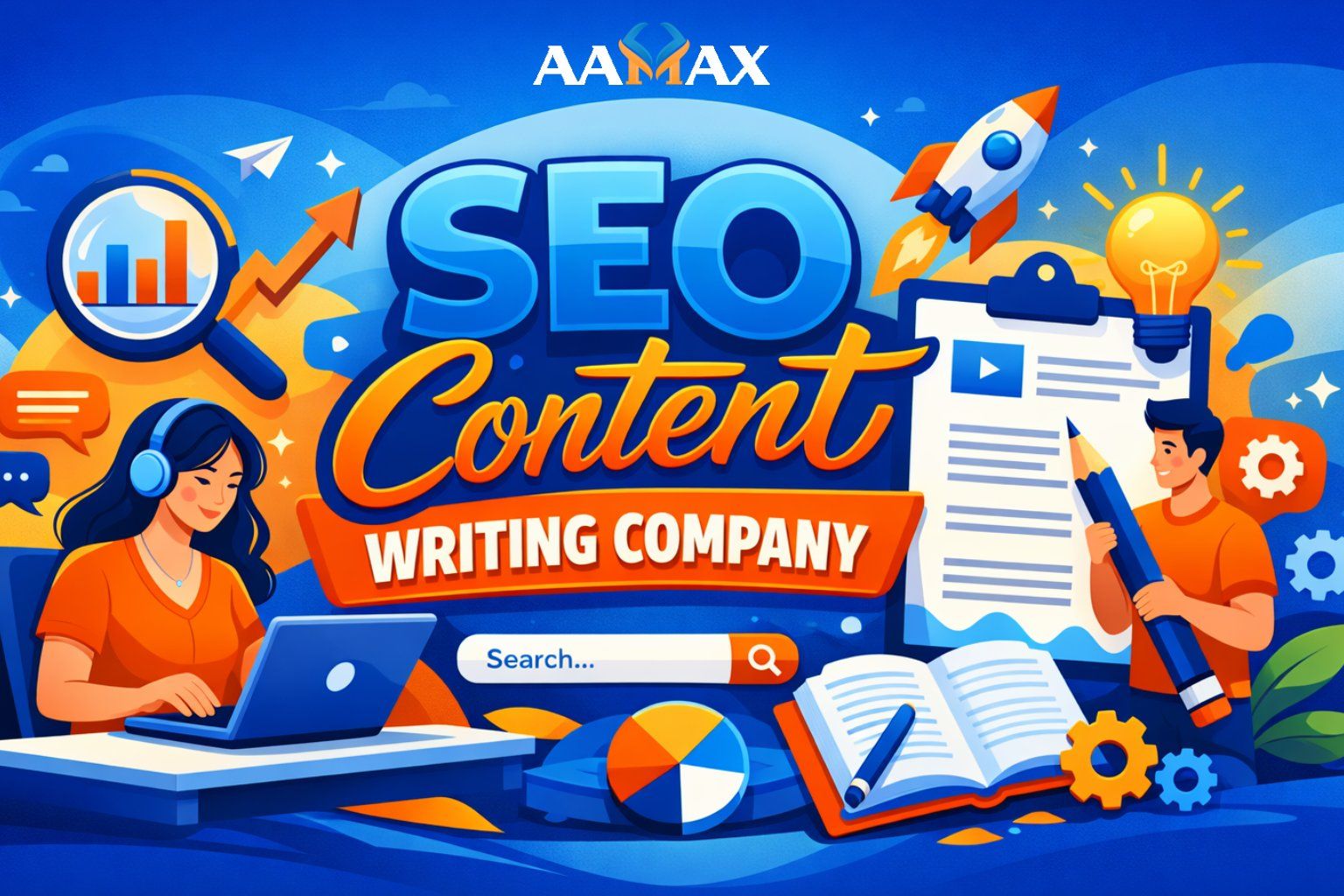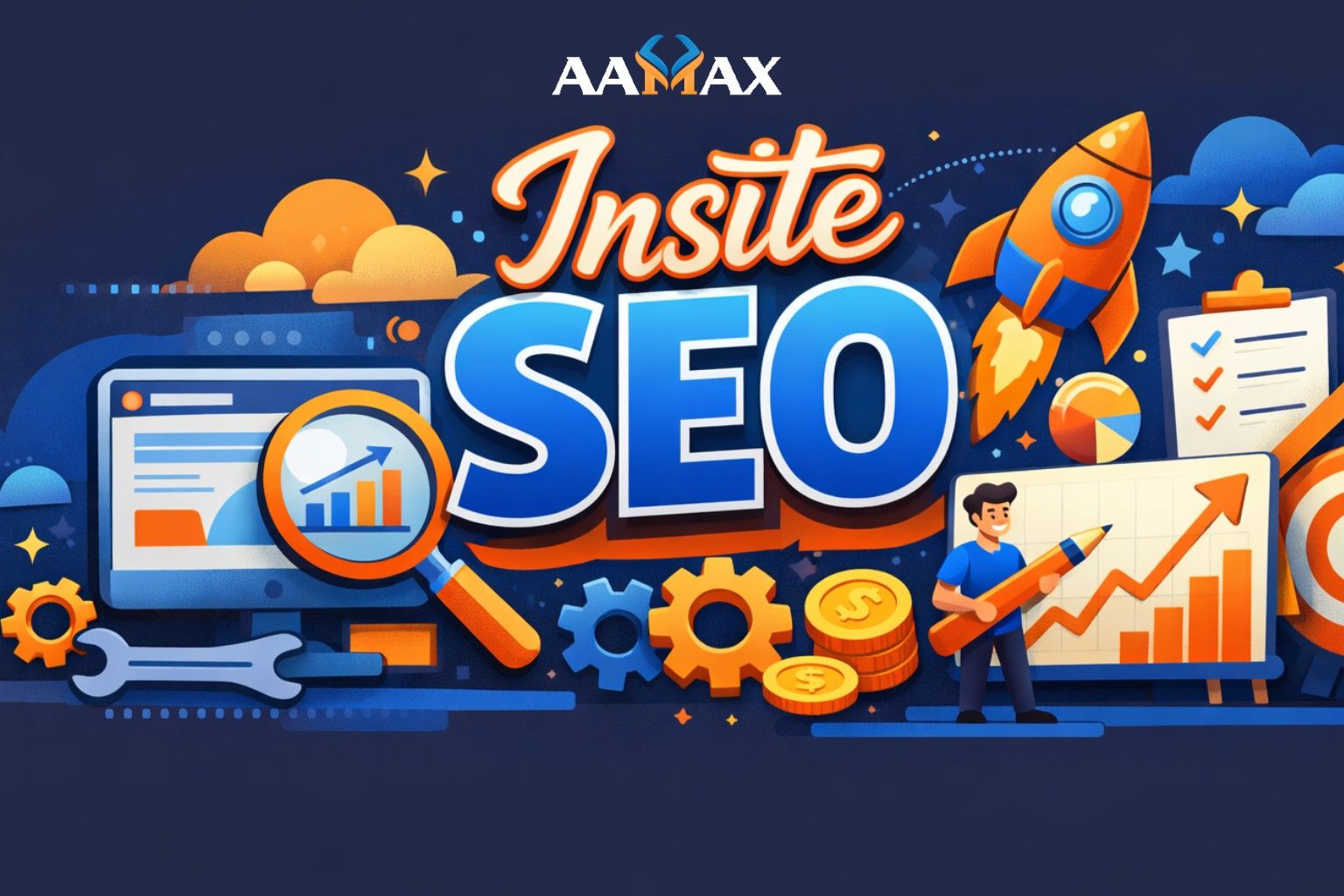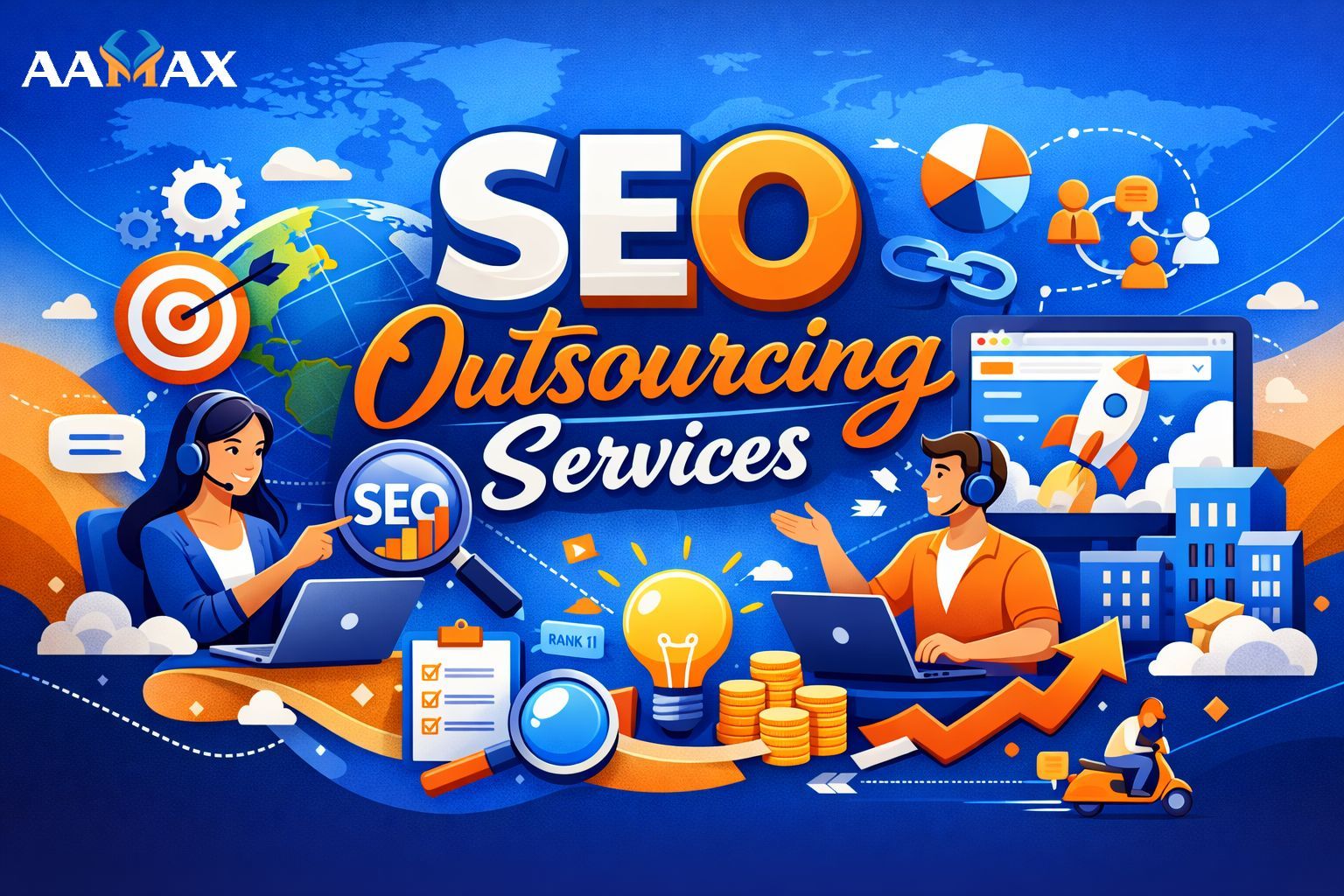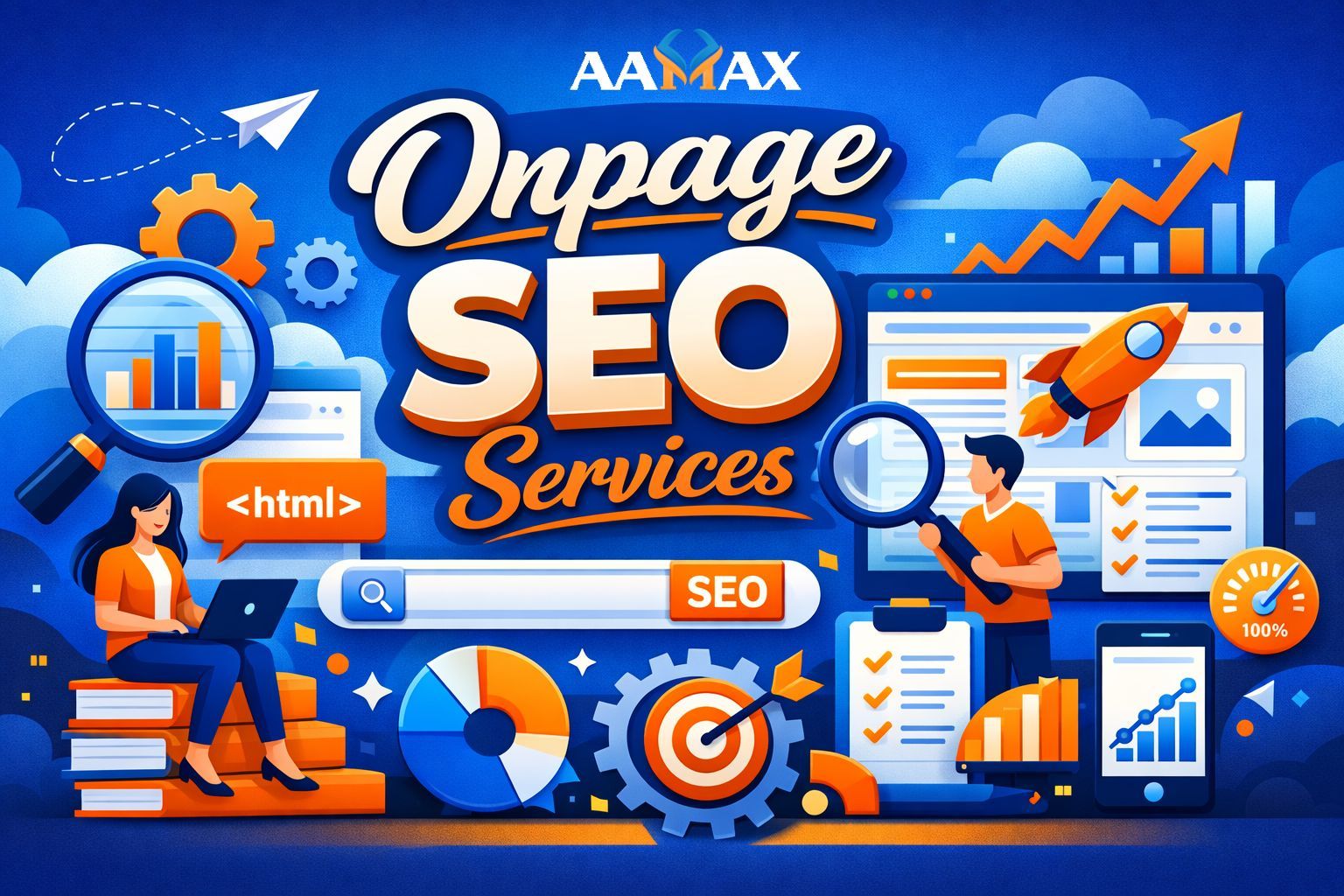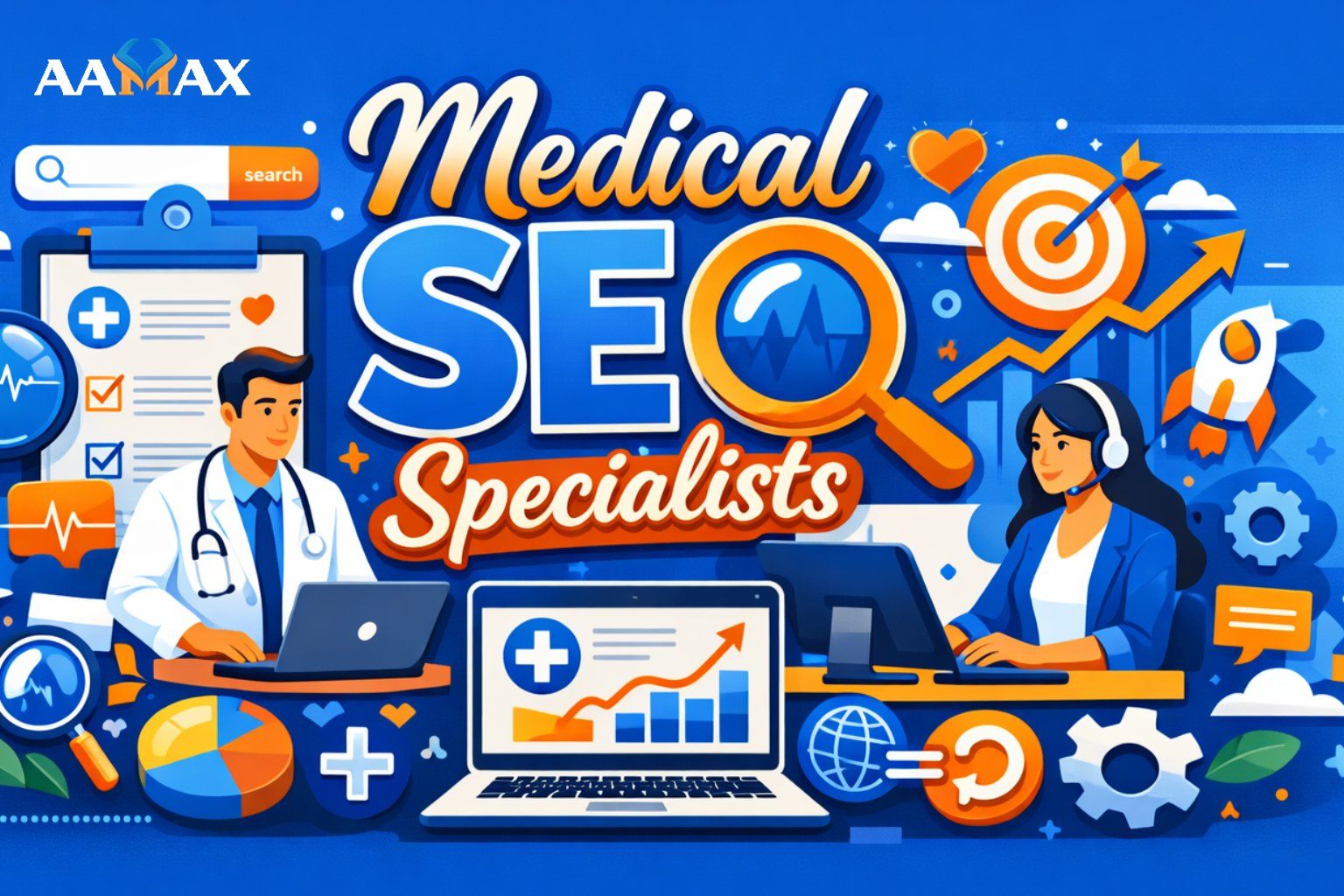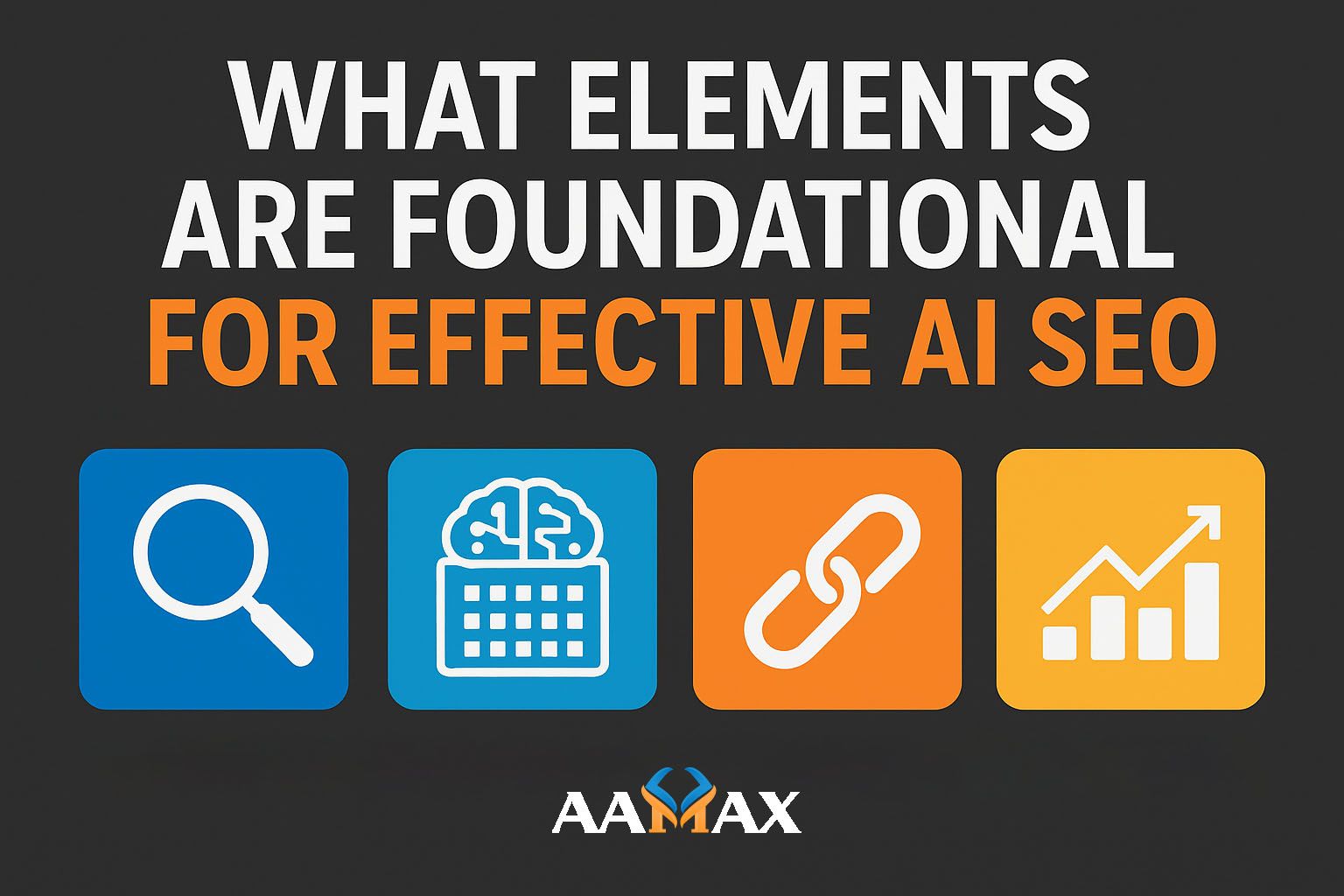
What Elements Are Foundational for Effective AI SEO
Artificial Intelligence (AI) is revolutionizing search engine optimization (SEO) at an unprecedented pace. As Google and other search engines integrate more AI-driven algorithms, traditional SEO tactics are no longer enough. Businesses now need AI SEO strategies — data-powered, adaptive, and intelligent approaches that align content and technical optimization with how machines understand and rank information.
In this guide, we’ll explore the foundational elements of effective AI Search Engine Optimization (SEO) and how you can leverage them to future-proof your digital presence. Whether you’re a marketer, business owner, or SEO professional, understanding these elements will help you stay ahead of competitors and make smarter optimization decisions.
Understanding AI SEO: A Quick Overview
AI SEO (Artificial Intelligence Search Engine Optimization) refers to the use of machine learning, natural language processing (NLP), and data-driven automation to enhance a website’s performance in search engines. Unlike traditional SEO, which relies heavily on manual keyword analysis and link building, AI SEO focuses on understanding search intent, semantic relationships, user behavior, and content quality through intelligent automation.
Search engines like Google use AI systems such as RankBrain, BERT, and MUM to interpret search queries, assess relevance, and deliver more accurate results. To effectively rank in this environment, your website must align with how AI “thinks” — prioritizing quality, relevance, and contextual depth.
Why Foundational AI SEO Matters
The foundation of AI SEO determines how well your digital ecosystem can adapt to continuous algorithmic shifts. Without a strong base, even the most advanced AI tools or automation platforms will fail to deliver sustainable results.
An effective AI SEO foundation ensures that:
- Your content is understood contextually, not just by keywords.
- Your website provides exceptional user experience and fast performance.
- AI tools can collect and analyze meaningful data for optimization.
- Automation supports human creativity — not replaces it.
Let’s explore the core elements that form the backbone of an effective AI SEO strategy.
1. Data-Driven Keyword and Topic Clustering
AI SEO begins with intelligent keyword research — not just identifying words with high search volume, but understanding search intent and semantic relationships.
Key Components:
- Intent Classification: AI tools like Clearscope, Surfer SEO, or SEMrush use machine learning to categorize keywords based on user intent — informational, navigational, or transactional.
- Topic Clusters: Instead of isolated keywords, build clusters of related content that revolve around core topics. This mirrors how AI algorithms group semantically related pages.
- Entity-Based SEO: Google’s algorithms increasingly focus on entities (people, places, concepts) rather than just keywords. Structuring your content around entities helps machines understand context better.
Example:
If your primary keyword is “AI SEO,” related clusters might include:
- “machine learning for SEO”
- “AI content optimization”
- “predictive SEO analytics”
- “AI search algorithms explained”
This interconnected structure helps AI associate your content with broader themes, increasing authority and visibility.
2. Natural Language Processing (NLP) Optimization
Modern search engines use NLP models (like BERT and MUM) to interpret search queries the way humans understand language. That means optimizing your content for semantic meaning, not just specific phrases.
Strategies for NLP Optimization:
- Use Conversational Language: Write naturally, answering user questions directly and clearly.
- Incorporate Related Phrases: Instead of keyword stuffing, include contextual synonyms and related terms that match how people actually search.
- Optimize for “People Also Ask” Queries: These reflect Google’s AI understanding of user curiosity. Including similar questions and answers improves topical depth.
- Structure Data with Headings: Proper use of H2 and H3 tags helps algorithms identify sections of meaning within your content.
In essence, your goal should be to help AI “understand” your content’s context as a human would.
3. High-Quality, AI-Assisted Content Creation
AI can enhance — but not replace — human creativity. The best AI SEO strategies use AI tools to analyze, guide, and refine content creation.
How to Use AI for Content:
- Idea Generation: AI can analyze trends, search patterns, and competitor gaps to suggest new content ideas.
- Content Briefing: Tools like MarketMuse or Frase help generate outlines that align with what Google values for specific topics.
- Optimization Assistance: AI tools suggest where to improve readability, keyword placement, and semantic richness.
Human Oversight is Crucial:
AI can’t replicate authentic experience or emotion. Human editors must refine tone, ensure factual accuracy, and inject unique insights — all of which Google’s algorithms now reward under E-E-A-T (Experience, Expertise, Authoritativeness, Trustworthiness) guidelines.
4. Technical SEO Infrastructure for AI Readability
A strong technical foundation ensures that AI and search engine crawlers can easily understand, navigate, and rank your site.
Core Technical Elements:
- Structured Data Markup (Schema): Helps AI interpret your content elements (like reviews, events, or products) accurately.
- Mobile-First Design: With AI-driven ranking models prioritizing user experience, mobile optimization is non-negotiable.
- Site Speed and Core Web Vitals: AI models evaluate page experience; slow-loading or unstable pages are penalized.
- Crawlability and Indexation: Ensure XML sitemaps, robots.txt, and canonical tags are properly configured.
- Semantic HTML Tags: Use descriptive tags that clearly define your content’s structure.
AI SEO thrives on data clarity. The easier it is for algorithms to interpret your site, the more likely you’ll earn higher rankings.
5. Predictive Analytics and AI Insights
AI doesn’t just optimize existing performance — it predicts future trends. Predictive SEO uses machine learning to analyze user behavior, historical performance, and algorithmic updates.
Benefits of Predictive SEO:
- Content Forecasting: Identify which topics will trend before competitors.
- User Behavior Modeling: Predict how users will engage with future content.
- Dynamic Optimization: AI can automatically adjust content based on evolving SERP behavior.
For instance, if your analytics show increasing search interest in “voice-based AI search,” predictive tools can alert you to create optimized content around that emerging trend — ensuring you rank early.
6. Voice and Visual Search Optimization
The rise of smart assistants (like Alexa and Google Assistant) and image recognition technology means SEO must now account for multi-modal search.
Voice Search SEO:
- Focus on conversational phrases and question-based content.
- Optimize for featured snippets and local search results, which voice assistants often read from.
- Implement FAQ schema to improve your chance of being selected for voice results.
Visual Search SEO:
- Use high-quality, optimized images with descriptive filenames and alt text.
- Implement image schema to enhance recognition.
- Ensure all visual elements contribute to content context.
AI is becoming increasingly visual and auditory — optimizing for these modes ensures broader discoverability.
7. User Experience (UX) and Engagement Metrics
AI systems heavily weigh engagement metrics like dwell time, bounce rate, and scroll depth. The more engaged your audience is, the more signals you send that your content is valuable.
UX Optimization Strategies:
- Clear Navigation: Simple menus and breadcrumbs enhance discoverability.
- Interactive Elements: Videos, infographics, and polls increase engagement.
- Readable Layouts: Short paragraphs, bullet lists, and whitespace make content scannable.
- Personalization: Use AI to serve dynamic content based on user behavior.
Search engines now measure how users interact, not just what they click — meaning UX and SEO are inseparable in the AI era.
8. Ethical and Transparent AI Integration
As AI takes on a larger role in SEO, ethical considerations become critical. Google’s Search Quality Guidelines emphasize authenticity and trustworthiness.
Principles for Ethical AI SEO:
- Avoid AI Spam: Don’t mass-produce content without human oversight.
- Disclose AI Usage When Relevant: Transparency builds user trust.
- Maintain Content Accuracy: AI should assist, not distort, factual integrity.
- Respect Data Privacy: Ensure analytics and personalization respect GDPR and other privacy standards.
Ethical AI SEO isn’t just about compliance — it’s about building lasting credibility with both users and algorithms.
9. Continuous Learning and Adaptive Optimization
AI SEO is not a one-time project. Algorithms evolve, and your strategy must continuously adapt.
Ongoing Optimization Practices:
- Automated Reporting: Use AI dashboards to track rankings, CTR, and engagement trends.
- A/B Testing with AI: Machine learning models can automatically test variations for higher conversion.
- Algorithm Update Response: Monitor AI-driven updates (like Google’s Search Generative Experience) and adjust quickly.
- Human Feedback Loops: Combine data insights with expert review for balanced decisions.
Staying competitive means treating SEO as a living system — one that learns, adapts, and grows with every data point.
10. Human-AI Collaboration: The True SEO Advantage
Ultimately, the most powerful AI SEO strategies come from human and machine collaboration. AI provides scale, speed, and insight, while humans contribute creativity, empathy, and ethical judgment.
When properly combined, this partnership enables:
- Smarter content ideation and faster execution.
- Deeper audience understanding.
- Real-time data-driven optimization.
- More authentic and meaningful online experiences.
AI is not here to replace SEO experts — it’s here to make them superhuman.
Building an AI SEO Strategy That Lasts
To succeed in AI-driven search environments, you must build your SEO foundation on:
- Semantic, intent-driven keyword strategies.
- Machine-readable technical structures.
- Ethical and high-quality content creation.
- Predictive, adaptive optimization powered by AI analytics.
These elements don’t just boost visibility — they ensure your brand stays relevant as search continues to evolve into a more intelligent, personalized, and experience-driven ecosystem.
Partner with AAMAX for Advanced AI SEO
Implementing AI SEO effectively requires both technical expertise and strategic creativity. That’s where professional guidance makes all the difference. You can AAMAX — a full-service digital marketing agency offering cutting-edge AI SEO, web development, and digital marketing services.
AAMAX combines human insight with AI precision to help businesses dominate search rankings, attract the right audience, and grow sustainably in the era of intelligent search.
Whether you need full-scale AI SEO management, technical optimization, or predictive analytics integration, AAMAX has the expertise to future-proof your digital success.
Final Thoughts
The future of SEO lies at the intersection of artificial intelligence and human intelligence. Building a strong AI SEO foundation today ensures your business doesn’t just keep up with change — it leads it.
By embracing data-driven insights, ethical automation, and continuous optimization, your brand can rise above the competition and thrive in the ever-evolving world of AI-powered search.
If you’re ready to unlock the full potential of AI SEO for your business — it’s time to partner with AAMAX.

